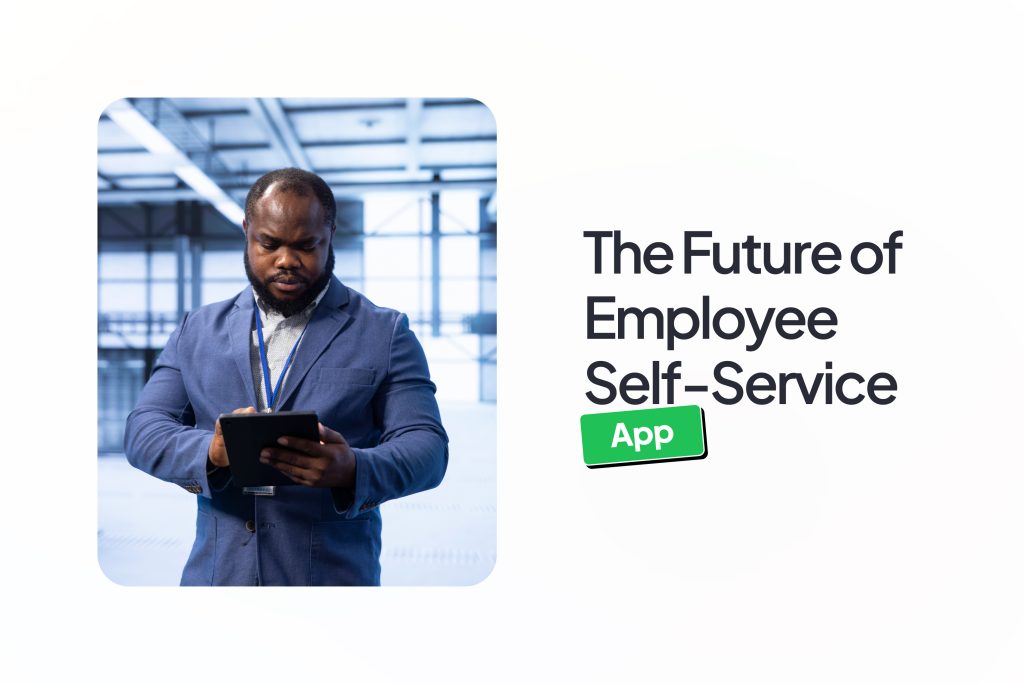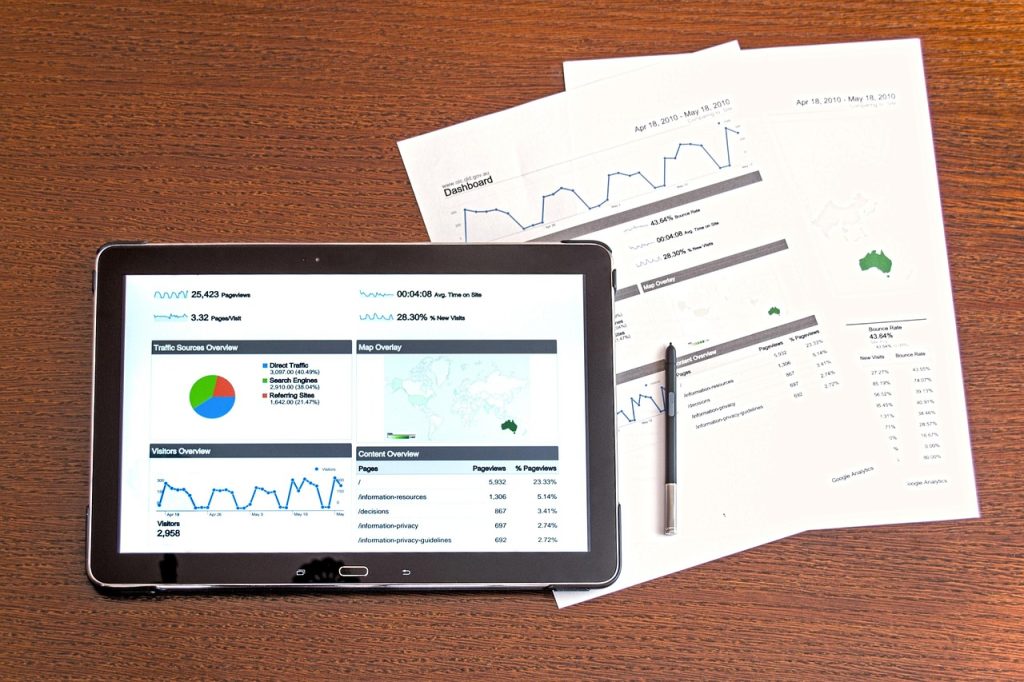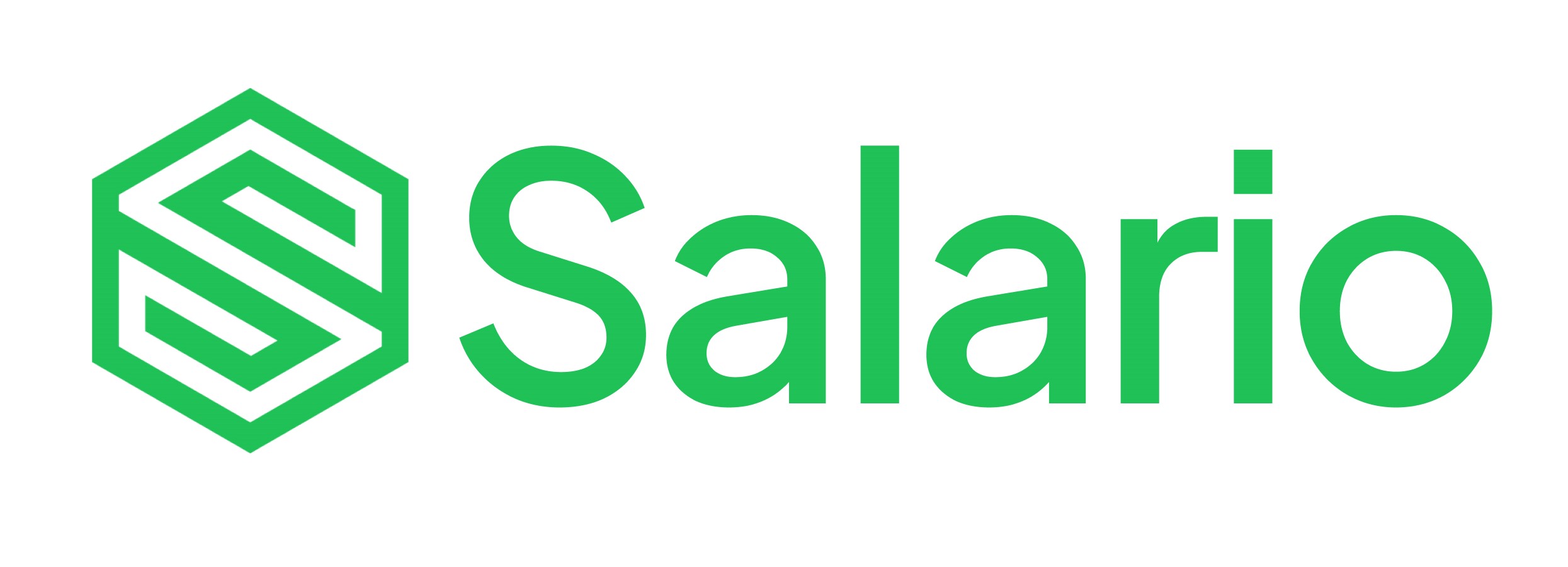
Gone are the days of employees filing into the HR department for every small matter. Payslip unavailable? HR office. Need to take a leave? HR office. Unsure of how to access certain benefits? You guessed right. HR teams often get bogged down with countless physical tasks, but with the rise of employee self service apps, this burden has been significantly reduced.
What started as basic employee Self-Service portals, simple digital repositories for forms and documents, has evolved into something far more powerful. Today’s ESS apps are essential tools that drive efficiency and empower workforces like never before. They’ve adapted to meet the demands of modern work environments, serving remote teams scattered across time zones, hybrid workers splitting their time between office and home, and diverse workforces with unique needs. For HR managers, these platforms eliminate repetitive administrative tasks. For employees, they provide instant access to information and control over their work life, whenever and wherever they need it.
In this article, we’ll explore how employee self-service apps are reshaping the workplace, the key features driving their success, and what the future holds for this transformative technology.
Current Trends Shaping ESS Technology
Employee self-service apps are evolving rapidly, driven by the need for efficiency, flexibility, and engagement in modern workplaces. Today’s ESS platforms are more than digital repositories, they are intelligent, adaptive tools that empower employees and reduce the administrative burden on HR teams. Let’s look at some of the key trends shaping employee self-service technology and why they matter for businesses and their workforce.
Mobile Accessibility

With employees working remotely, in hybrid setups, or across multiple locations, mobile-friendly employee self-service apps have become essential. Mobile access allows employees to check payslips, submit leave requests, update personal information, or access benefits on the go. For HR, mobile functionality reduces the number of routine queries and ensures employees remain connected and informed at all times.
AI Integration for Automation
Artificial intelligence is transforming employee self-service apps by automating repetitive tasks like leave approvals, payroll inquiries, and benefits enrollment. AI-driven chatbots can provide instant responses to employee queries, reducing HR response time and enhancing satisfaction. Predictive analytics can also help HR teams anticipate workforce needs, identify trends, and make more informed decisions.
Personalized Dashboards
Modern ESS portals provide personalized dashboards that display relevant information to each employee. From task reminders to benefits updates, these dashboards streamline workflows and give employees a sense of control over their work life. Personalization also enhances engagement, as employees can quickly access what they need without navigating complex menus.
Integration with HR and Payroll Systems
Employee self-service apps are increasingly integrated with core HR and payroll systems, creating a seamless flow of information. This integration ensures accuracy in payroll, simplifies reporting, and allows HR teams to focus on strategic initiatives instead of routine administrative tasks.
Data Security and Privacy
As employees interact with sensitive personal and financial information, employee self-service apps are prioritizing data protection. Trends include encryption, multi-factor authentication, and compliance with data protection regulations, ensuring employees feel safe accessing their information digitally.
Employee Wellness and Engagement Tools
Modern employee self-service platforms are embedding features that go beyond administrative tasks, including wellness programs, surveys, and feedback tools. These features help organizations foster a positive workplace culture and keep employees engaged, even in remote or hybrid settings.
These trends highlight how ESS apps are no longer just convenient tools, they are integral to workforce efficiency, engagement, and empowerment. Businesses that adopt these developments can reduce HR workloads, enhance employee satisfaction, and stay ahead in the digital workplace evolution.
Future Innovations: AI, Personalization, and Beyond

The future of employee self-service apps is shaping up to be even smarter, more immersive, and highly personalized. Emerging technologies are set to transform ESS platforms from simple administrative tools into proactive systems that anticipate employee needs, enhance engagement, and strengthen HR efficiency.
Advanced Natural Language Processing (NLP)
Future employee self-service apps will leverage NLP to enable more intuitive interactions. Employees will be able to ask complex questions in natural language, such as “What is my remaining leave balance for this quarter?” or “How do I adjust my tax deductions?” AI-powered NLP will understand intent, provide instant responses, and guide employees through multi-step tasks without requiring HR intervention.
Predictive Analytics
Predictive analytics will allow ESS apps to anticipate employee needs and HR trends. For example, platforms could flag potential overtime issues, predict payroll anomalies, or suggest training programs based on performance patterns. This proactive approach enables HR teams to address issues before they escalate, making workforce management more strategic and forward-looking.
AR/VR Support for Immersive Experiences
Augmented and virtual reality could redefine onboarding, training, and self-service interactions. Imagine virtual tours of company policies, interactive benefits explanations, or immersive compliance training, all accessible directly from employee self-service portals. Such features make learning and engagement more interactive and memorable.
Biometric Security
As ESS apps handle increasingly sensitive personal and financial information, biometric authentication will play a major role in protecting data. Fingerprint scans, facial recognition, and voice verification will make access more secure while providing a seamless, user-friendly login experience.
These innovations promise a future where employee self-service apps are not just reactive tools but intelligent, immersive systems that anticipate needs, protect data, and create highly personalized HR experiences. Organizations that embrace these technologies will empower employees and position themselves at the forefront of modern workforce management.
Key Features of Employee Self-Service Apps
Employee self service apps are no longer just simple portals for forms and documents. Modern employee self-service apps are packed with features designed to empower employees, streamline HR processes, and improve overall workplace efficiency. Let’s explore the key features that make these platforms essential for today’s workforce.
Leave Management
One of the most widely used features of ESS apps is leave management. Employees can request leave directly through the portal, view their remaining leave balances, and track approvals ,all without needing to visit the HR office. Automated workflows notify managers for approval and update records in real-time, reducing errors and saving valuable HR time. For organizations with hybrid or remote teams, this feature ensures that leave requests are processed efficiently, keeping workflows smooth and transparent.
Payslip Access
Employee self-service apps give employees instant access to their payslips. Instead of waiting for printed copies or emailing HR requests, employees can download or view their payslips anytime, anywhere. This convenience not only reduces administrative burden but also enhances trust and transparency between employees and HR. Some advanced ESS apps even allow for historical payslip access, enabling employees to track earnings, deductions, and bonuses over time.
Benefits Enrollment and Tracking
Modern ESS platforms enable employees to manage and track their benefits seamlessly. From health insurance to retirement plans and allowances, employees can enroll, update, or check their benefits directly through the portal. Automated reminders and notifications ensure employees never miss enrollment periods or updates, while HR teams can monitor participation and compliance efficiently.
Profile and Document Management
Employees can update personal information, emergency contacts, and professional records directly within the app. Centralized document storage ensures that HR always has access to accurate and up-to-date employee records. This feature is particularly useful in maintaining compliance and minimizing errors in payroll and benefits administration.
Training and Development Modules

Many ESS apps now include features that support employee growth, such as training modules, course enrollment, and performance tracking. Employees can access learning resources, track progress, and complete assessments through the portal, giving them more control over their professional development.
Approval Workflows and Notifications
Employee self-service apps streamline approvals for various HR processes, from expense claims to overtime requests. Automated notifications keep both employees and managers informed, reducing delays and improving process transparency.
Analytics and Reporting
For HR teams, ESS apps offer built-in analytics and reporting tools. Managers can generate reports on attendance, leave patterns, benefits utilization, and more. This data helps in making informed decisions and identifying trends that can improve workforce management.
These features demonstrate how employee self-service apps go beyond basic self-service portals. They empower employees to take control of their work-related tasks, reduce repetitive administrative workloads for HR teams, and foster a more engaged, efficient workforce. By leveraging these capabilities, organizations can create a modern, responsive HR environment that meets the demands of today’s dynamic work culture.
Benefits for HR Managers and Employees
Employee self-service apps provide tangible advantages for both HR teams and employees. By automating routine tasks, improving accessibility, and offering actionable insights, these platforms create a more efficient and engaged workplace. Let’s break down the benefits for each group.
For HR Managers
HR teams experience significant gains in efficiency, decision-making, and cost management when using ESS apps:

- Cost Savings: Automating repetitive payroll, leave, and benefits tasks reduces administrative overhead, allowing HR to focus on strategic initiatives rather than routine processing.
- Streamlined Processes: ESS apps eliminate manual paperwork and repetitive queries, enabling HR managers to manage workflows more efficiently and reduce errors.
- Data-Driven Insights: Built-in analytics and reporting tools give HR teams access to real-time data on attendance, leave patterns, and benefits utilization, supporting informed decision-making and proactive workforce management.
- Improved Compliance: Automated tracking of statutory requirements, such as PAYE, NHF, and pensions, helps HR ensure the organization remains compliant with Nigerian labor laws.
For Employees
Employees also benefit from greater autonomy, convenience, and control over their work experience:
- 24/7 Access: Employees can view payslips, request leave, and check benefits anytime, without depending on HR office hours.
- Independence: ESS portals empower employees to manage personal and professional information directly, reducing delays and reliance on HR for routine tasks.
- Improved Work-Life Balance: By streamlining administrative tasks and providing instant access to essential information, ESS apps save time and reduce stress, allowing employees to focus on their core responsibilities.
- Enhanced Engagement: Easy access to training modules, performance feedback, and benefits information keeps employees informed, engaged, and motivated.
Together, these benefits show how employee self-service apps create a more productive, informed, and empowered workforce while enabling HR teams to focus on higher-value initiatives.
Conclusion: Adapting to the Future of ESS
Employee self-service apps are no longer optional ,they are essential tools for modern workplaces. By automating routine HR tasks, providing instant access to information, and offering personalized, data-driven experiences, employee self-service platforms empower both employees and HR managers. Organizations that adopt these technologies benefit from streamlined processes, cost savings, and a more engaged workforce, while employees enjoy independence, flexibility, and improved work-life balance.
As the workplace continues to evolve, businesses that leverage advanced employee self-service apps will stay ahead, fostering productivity, transparency, and satisfaction across their teams. For Nigerian businesses seeking a reliable, feature-rich solution, Salario offers a robust employee self service platform that integrates seamlessly with payroll and HR operations. Experience how Salario can transform your HR processes, book a demo today and step confidently into the future of employee self service.
